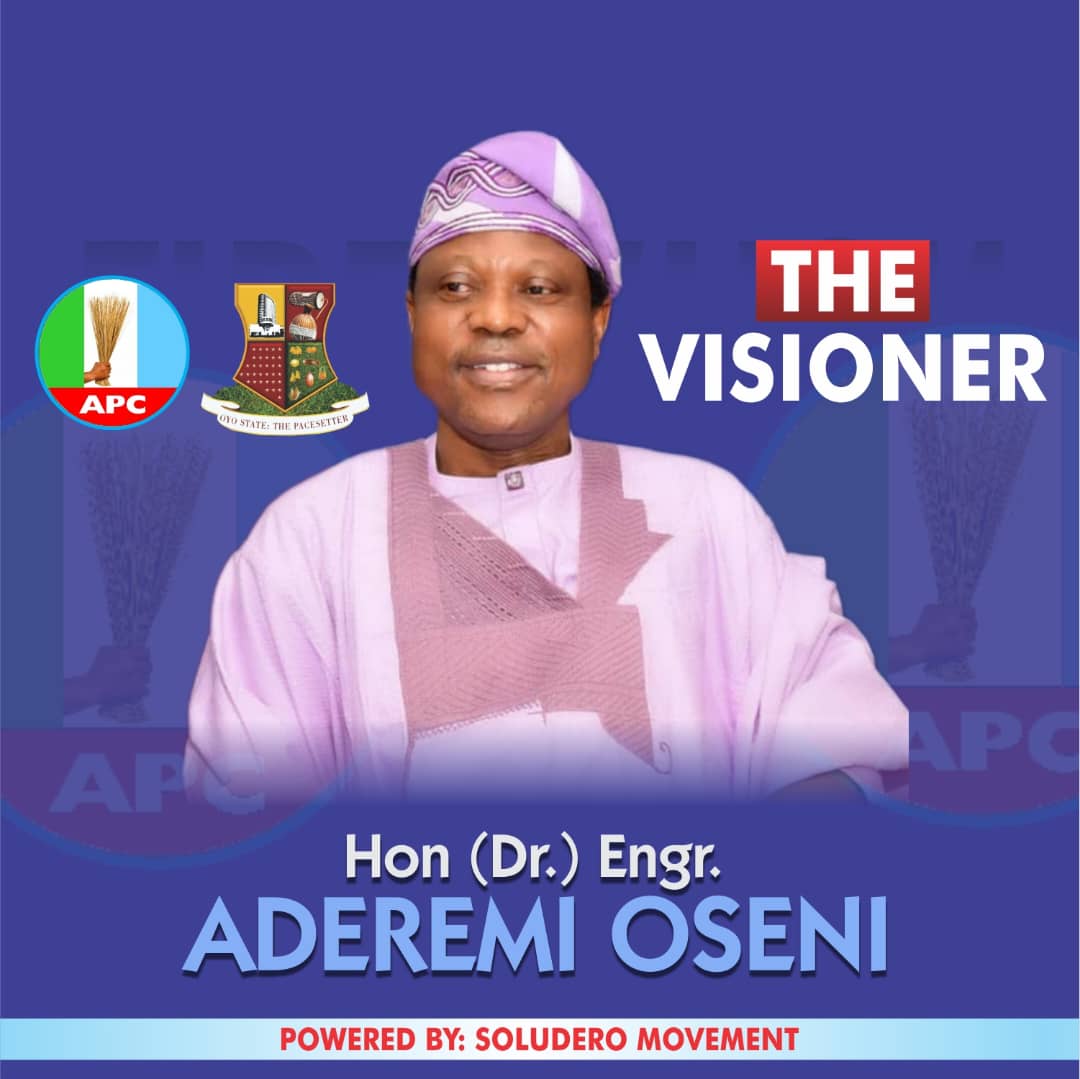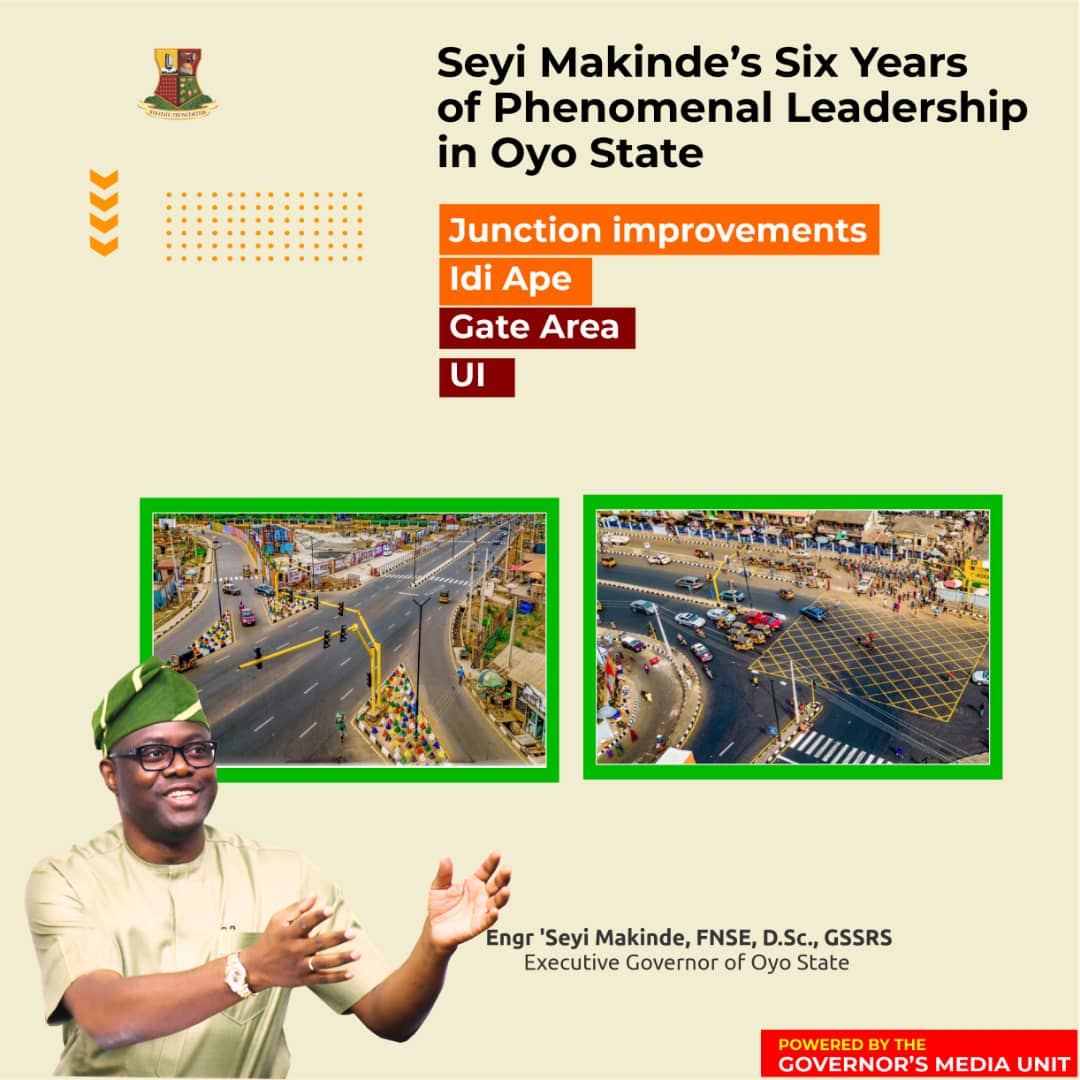A heated clash erupted between the Peoples Democratic Party (PDP) and the All Progressives Congress (APC) on Sunday following the removal of Governor Caleb Mutfwang of Plateau State by the Court of Appeal in Abuja.
In a decisive judgment, a three-member panel led by Justice Elphreda Williams-Dawodu instructed the Independent National Electoral Commission to revoke Mutfwang’s certificate of return and issue a new one to Nentawe Goshwe of the APC, declared the valid winner of the March 18 governorship election. This marked the third opposition governor ousted by the Court of Appeal within three days.

Last Thursday, the same court nullified the election of PDP Governor Dauda Lawal of Zamfara State, citing inconclusiveness. The following day, the election of Kano State Governor Abba Kabir Yusuf of the New Nigeria Peoples Party was also invalidated.
Worried by the consecutive losses, PDP Deputy Legal Adviser Okechukwu Osuoha claimed that recent court judgments deviated from the law. In response, APC’s Director of Publicity Bala Ibrahim defended the judiciary’s independence, rejecting accusations of attempts to turn Nigeria into a one-party state.

Justice Williams-Dawodu, in the lead judgment, set aside the tribunal’s decision, stating that Mutfwang was not validly sponsored by the PDP. She emphasized non-compliance with court orders and the absence of a party structure during the election, ultimately ordering INEC to issue a fresh certificate of return to Goshwe.
PDP’s Osuoha expressed dissatisfaction, citing concerns about the judiciary’s focus on technicalities. PDP Deputy National Youth Leader Timothy Osadolor alleged that “the highest bidders were getting favorable rulings,” warning of dwindling public patience.

The New Nigerian People’s Party’s National Auditor, Ladipo Johnson, labeled the judgment as “judicial rascality,” questioning the judiciary’s consistency. The Labour Party voiced concern that the judiciary might be used to manipulate opposition parties.
APC’s Ibrahim dismissed allegations of judicial manipulation, asserting the judiciary’s independence. In response to the setback, Governor Mutfwang considered it a temporary obstacle and vowed to appeal to the Supreme Court.
Former Plateau State Governor Simon Lalong viewed the judgment as an affirmation of the people’s mandate, urging magnanimity in victory. As tensions escalate, the political landscape in Plateau State undergoes a significant transformation with implications for governance, security, and development.

